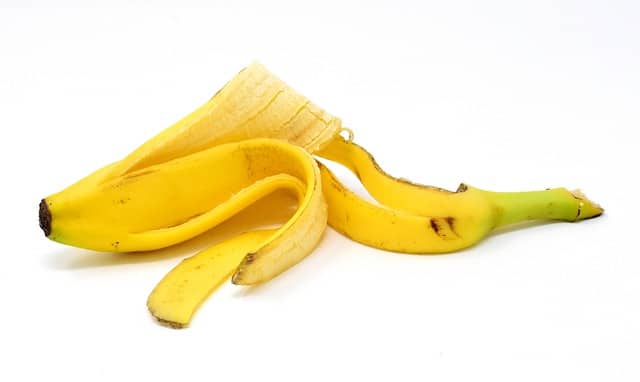
Anything that can be degraded through the action of a biological agent is classified as biodegradable.
In order to know the term biodegradable in depth, the first thing to do is know its etymological origin. In this case, we can establish that it is a word formed by the sum of several components:
-The Greek noun bios , which can be translated as "life."
-The Latin prefix de- , which is used to indicate distance or direction.
-The Latin noun gradus , which is equivalent to "degree."
-The Latin suffix -able , which is used to indicate "possibility."
Biodegradable concept
The adjective biodegradable describes the substance that can be degraded through the action of a biological agent . Animals, fungi and bacteria, for example, can decompose these types of products.
That which is biodegradable, therefore, degrades under natural environmental conditions through a biological organism. Degradation means that the substance in question decomposes into the different chemical elements that made it up.
Biodegradable substances are usually used by microorganisms as a substrate , generating energy with them through cellular respiration. They also allow them to produce tissues , amino acids or even other organisms.

The fruit peels are rapidly biodegradable.
How degradation develops
It should be noted that degradation can occur anaerobically (without the use of oxygen) or aerobically (with oxygen). This process is very important for ecology since materials that are not biodegradable can remain as waste for up to millions of years.
While fruit peels can biodegrade in a few days or a few weeks and paper takes a few months, other items are not biodegradable in the short or medium term. A glass bottle can take about 4,000 years to biodegrade, while certain types of iron take more than a million years to decompose.
Benefits of using biodegradable products
To care for the environment , the use of biodegradable products is vital because it contributes to minimizing the level of waste and prevents pollution from remaining on the planet. It must be taken into account, however, that anaerobic biodegradation releases methane , a greenhouse gas.
Specifically, we can determine that the main advantages of biodegradable products are the following:
-They take very little time to disappear, which is why both the accumulation of garbage and even pollution are considerably reduced.
-They can be recycled much more easily and also more economically.
-They cause much less damage to the ecosystem than products that are not biodegradable.
-They do not interfere at all in the state of poor air, soil or water quality .
Precisely because of the aforementioned advantages that they bring, more and more people are betting on using biodegradable products. However, this measure requires time so that it can be much more real and widespread. However, that does not mean that, for example, at school the value and importance of using the aforementioned articles is already being instilled in the little ones. And these have a positive impact on the environment and our quality of life.
